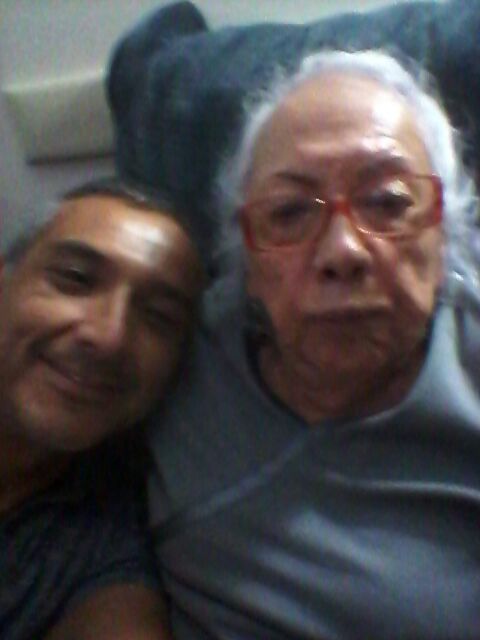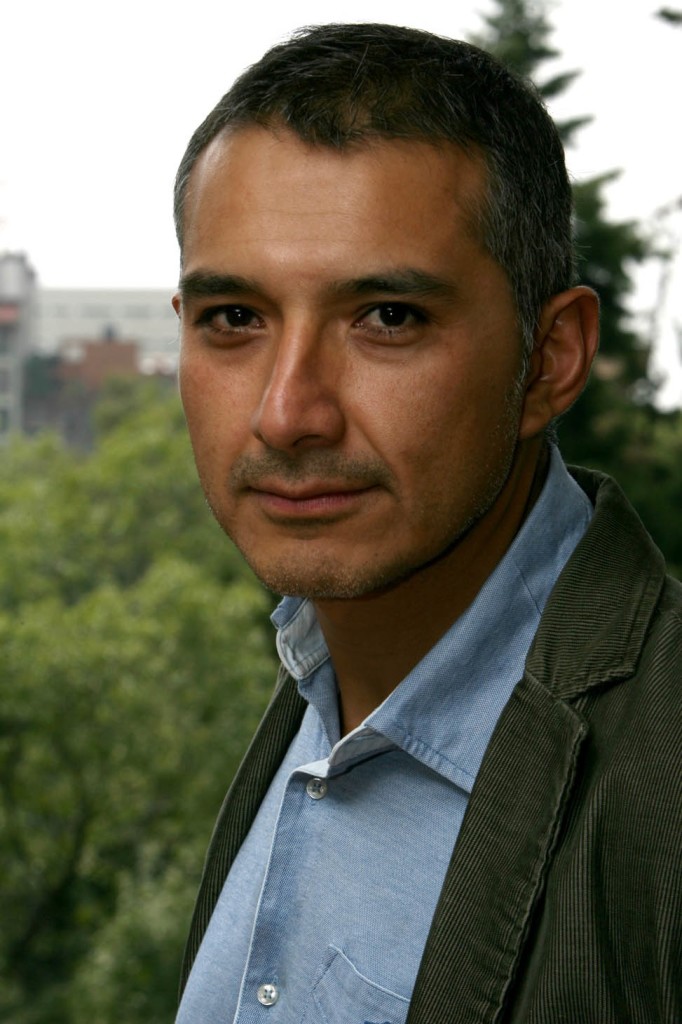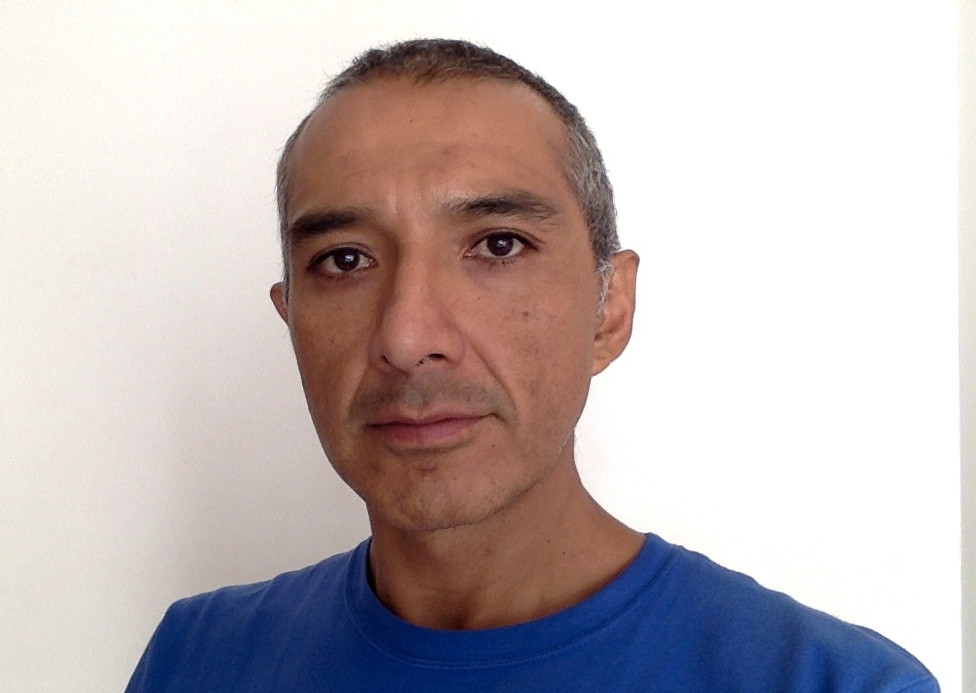A guest blog by Marco Yuri Jiménez.
As I am writing this, I am riding a train crossing the Alps between Austria and Italy. I have been in three countries in about ten hours. I have been in six different countries in the past three weeks and in ten other countries on four continents in the past twelve months. Though this may not be anymore extraordinary in our globalized world, having the world at hand is part of the reality of my life and humanitarian career over the last 25 years.
But one of the most challenging trips I often make is back “home,” returning to Mexico. During my absences, people obviously do not keep me at the center of their worlds or considerations, no matter how close they are to me. Regardless of how interesting or cool my experiences or achievements were while I was away, these things never really manage to permeate friends’ and families’ lives the way I always hoped. I was out of sight and thus out of mind. At some point, I realized that it was not at home that I became a man, nor at home where I felt most myself.

So I share these thoughts to make your leaving and returning home a bit easier than what it has been for me all these years:
1) STOP EXPECTING.
Every time I came back, I had the expectation that home would be a safe place to return, that family dynamics would improve, that caring friendships could be maintained, or that an open international mentality among my peers would have developed. I was so often surprised that no matter how long the absences from home were, life in Mexico remained the same, and in some cases had turned into even worse situations, e.g. my best friend’s joblessness, my eternally struggling relatives, and the governing class’ lack of strategic perspective.
And so I was always disappointed. Nobody seemed to care enough about what my life had been like during my absences from home, whether in Germany, Vietnam or Iraq. I thought that with my own life reloaded with new energy, that this could be integrated into the my old entourage’s point of view of life. But guess what?! I found over and over that my experience does not oblige others to change or even feel what I had been lucky enough to see, sense, and touch.
2) DON’T DECEIVE yourself.
Believing that being exposed to something “different” yourself has some sort of extraordinary changing power on yourself and on others isn’t realistic. Physical places may change at home each year, but the changes in people’s lives and ways of doing things take much longer than that.
I had learned from living abroad to relieve myself of expectations in order to leave more free room for new experiences. I needed still to learn how to do this at home too. I had to learn not to devalue the magic of all the experiences I was acquiring because they weren’t transforming the people and places I loved.
3) BE GENEROUS to others.
In aid work, if we are staying conscious, we learn to be generous to the rest of the world and to “those in need.” But what about those we mean to love? Those who share our life and who are closest to us?
Every person obeys their own capacity and timeline of transformation, influenced by their own life experiences. People surviving wars in places such as Myanmar, the Congo, or Occupied Palestine often are more able to recognize and accept the joys of life, instead of looking for the imperfection of the moment – the weak drink, waiting for the bus, or the selfish, demanding relative who is unlikely to change.
But you can choose to be good and and generous to them, and thus to yourself. Instead of dwelling on the widening gap between us, I had to learn to cherish what they could give.
4) ENJOY the chance you have to be able to leave and return.
I had left and come back and left again and come back and put so much into the suitcase of my life that I had forgotten to actually enjoy what I could at home. Most people in this world – don’t forget – live within their own little contained universes, whether in a village or a city. You are lucky enough to see other worlds. So go with a light heart and a free mind.
Eventually I learned that home–the home I had longed for–has been with me all along. And realizing that may be the best preparation you need for you next home leave.
 ***
***
Marco Yuri Jiménez has worked in the humanitarian field since 1999, working for the ICRC, IFRC, and UNICEF in places like Palestine, Iraq, Zimbabwe, Haiti, Republic of Congo, Colombia, and most recently in South Sudan. He also has experience with the Mexican Ministry of Foreign Affairs and in microfinance market development in Mexico and Brazil. He holds a law degree and has specialized in public communications in humanitarian crises during his career. He is father to three children and currently lives in Uganda.
***
Related Posts
Something “knowing thyself” requires

